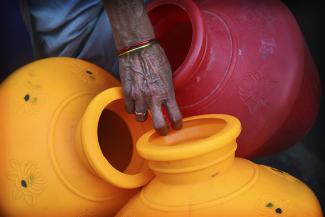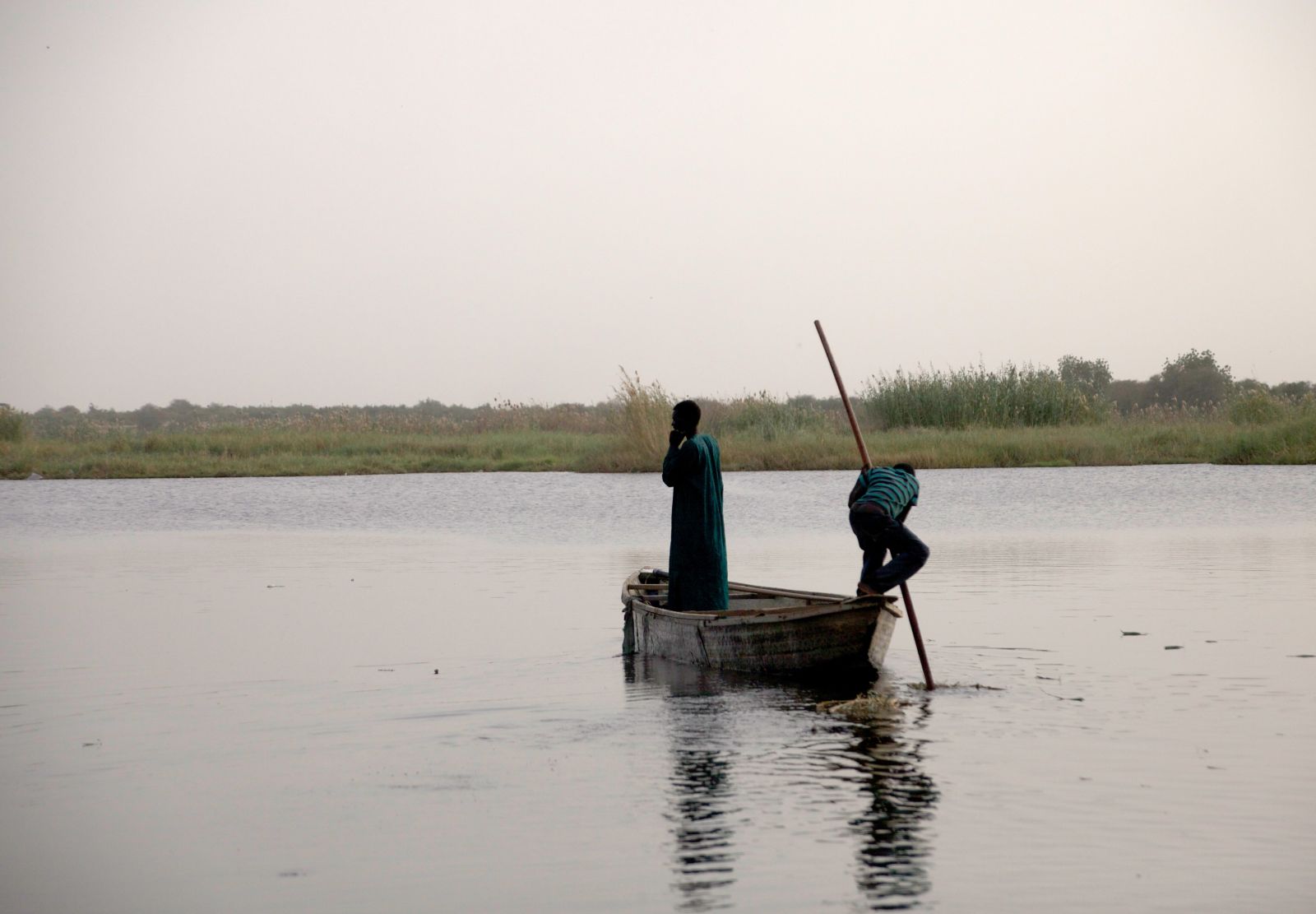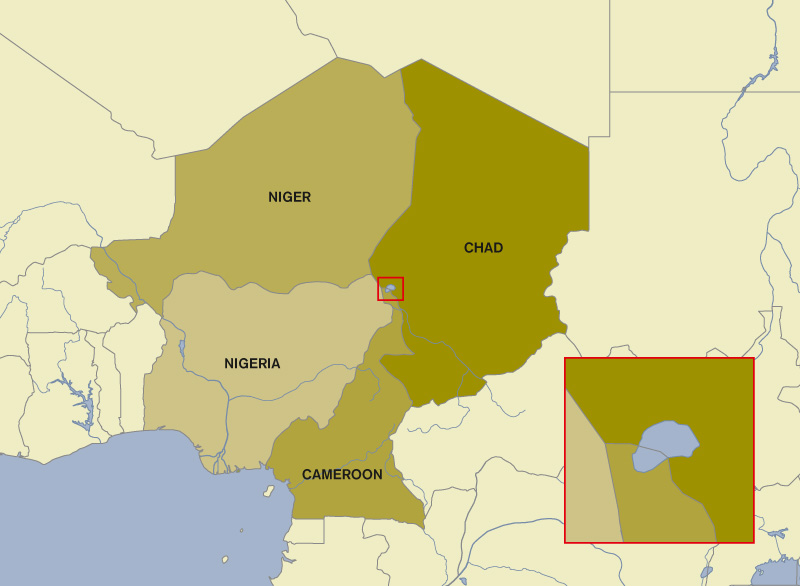Water crisis
Vital resource

Masses of people lost access to safe drinking water and electric power. The pandemic made it harder to evacuate exposed places before the storm and to clean up after it. Lockdown and social distancing had to be suspended even though Covid-19 was spreading.
Cyclones occur regularly in the Bay of Bengal. Scientists tell us, however, that their number and intensity are increasing due to the climate crisis. As the sea surfaces’ temperatures are increasing, storm patterns are changing. Hurricanes, typhoons and cyclones belong to the extreme weather scenarios that are becoming more frequent or more forceful, researchers warn. Others are heat waves, droughts and excessive rain.
Disasters of this kind put human lives at risk directly and indirectly. Storms destroy wells and water pipes. Droughts reduce water availability. Developing countries and emerging markets are affected in particular as their infrastructures tend to be weaker and their climates tend to be harsher. The export of “virtual” water compounds the problems: water that is used to produce crops or manufactured goods for delivery to more prosperous nations is normally no longer available for other purposes. More and better water treatment capacities would be helpful.
Political scientists have been warning for a long time that future wars may erupt because of water scarcity. So far, that has not happened, but nonetheless water is relevant in many conflicts. Tensions are increasing, for example, between nomadic herders and farmers in the Sahel region. The climate is changing and rainfall is becoming increasingly unpredictable. Lake Chad is shrinking. The livelihoods of fisherfolk and farmers are disappearing, and that trend enables the Islamist militia Boko Haram to recruit desperate young men (see Damilola Oyedele in Focus section of D+C/E+Z e-Paper 2017/06).
Water is a contentious issue in the Middle East as well. Israelis and Palestinians are not only divided by faith and politics. Water matters too, and it is mostly controlled and consumed by Israel. Palestinians and Jordanians only get a rather small share. In many world regions, water-related disputes are intensifying, especially where several nations depend on the same rivers or aquifers.
Distribution within nation states tends to be inequitable as well. All too often, access to water depends on purchasing power. Prosperous neighbourhoods have more or less reliable infrastructure, including for sanitation purposes. Villages and informal urban settlements typically lack such amenities. One result is that the communities concerned are now more exposed to Covid-19. They cannot observe some basic hygiene rules: if you do not have enough water, you cannot afford to wash your hands often.
Sabine Balk is a member of the editorial team of D+C/E+Z.
euz.editor@dandc.eu










